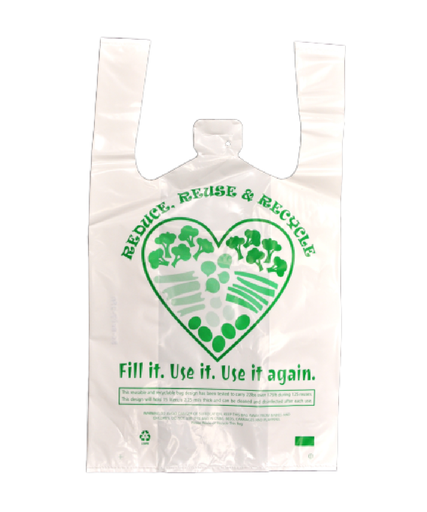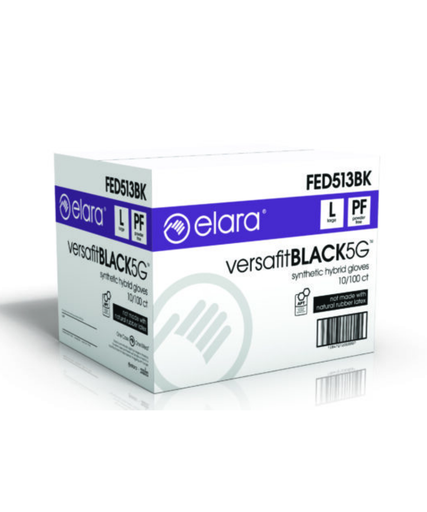In today’s global economy, tariffs play a crucial role in determining the cost of goods and services. For restaurant owners, one often-overlooked consequence of tariffs is their impact on food packaging supplies. From takeout containers to eco-friendly utensils, tariffs can lead to price fluctuations, supply chain disruptions, and ultimately affect profitability.

Rising Costs and Supply Chain Challenges
Tariffs imposed on imported raw materials and finished packaging products can significantly increase costs for restaurants. Many food packaging supplies, such as paper-based containers, plastic lids, and biodegradable cutlery, rely on materials sourced from international markets. When tariffs are levied on these imports, manufacturers face higher expenses, which are then passed on to distributors and, ultimately, restaurant owners.
Key impacts of rising costs include increased overhead expenses for restaurants reliant on imported packaging, reduced access to cost-effective, high-quality materials, and the necessity to either absorb higher costs or pass them on to customers. Restaurants must stay ahead of these challenges by sourcing packaging materials from reliable suppliers who offer competitive pricing and high-quality products.
Sustainability and Alternative Solutions
With the rising cost of imported plastic and paper-based packaging, many restaurant owners are seeking alternative, sustainable solutions. In response to tariffs, some businesses are switching to domestically sourced packaging options, while others are investing in biodegradable and compostable materials to mitigate the long-term impact of trade policies.
Key benefits of sustainable food packaging alternatives include reducing dependency on foreign imports to lower exposure to tariff fluctuations, enhancing brand reputation as consumers prefer eco-conscious businesses, and supporting local suppliers and manufacturers to boost the domestic economy.
Navigating Tariff Changes with Strategic Planning
Adapting to tariffs requires proactive strategies to maintain profitability. Restaurant owners can take the following steps to lessen the impact of tariffs on food packaging supplies:
Diversify Suppliers – Working with multiple vendors, including domestic manufacturers, can provide more stability in pricing and availability. Bulk Purchasing – Ordering larger quantities in advance can help lock in lower prices and mitigate future tariff-related price hikes. Customer Engagement – Inform customers about eco-friendly packaging initiatives, turning a necessary shift into a brand-strengthening opportunity. Leverage Online Suppliers – Utilizing reputable online stores such as Polaris Products can help businesses find cost-effective and high-quality packaging solutions.
Tariffs on food packaging supplies can create financial strain on restaurants, but strategic planning and sourcing the right materials can help offset these challenges. By considering sustainable alternatives, bulk purchasing, and trusted suppliers, restaurant owners can maintain cost efficiency while prioritizing quality and customer satisfaction. Staying informed about tariff changes and acting proactively can make all the difference in keeping operations smooth and profitable.





